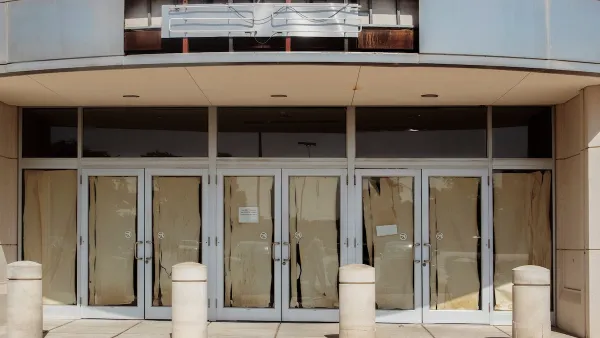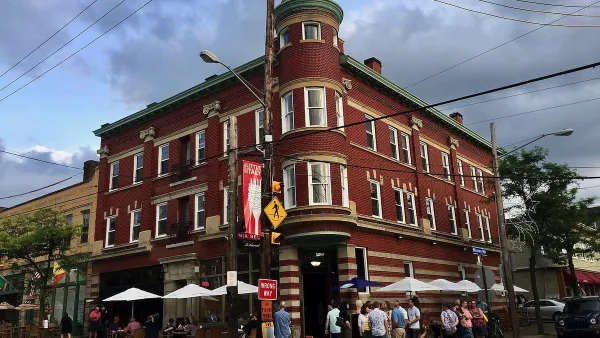Data on the pandemic shows once again the dramatic consequences of racial inequalities. Community Development Financial Institutions must focus on ensuring equity for Black-owned businesses.

Crises are the fulcrums of who we are as a society. The current COVID-19 pandemic is no exception. From the front-line health care and emergency workers to the idled people building toilet paper igloos in their homes, this crisis spotlights how our past experiences and decisions shape our current behaviors and reactions. And racism is our country’s most powerful shaper.
In the fifth week of wall-to-wall coronavirus news coverage, we began seeing data on the dramatic consequences of racial inequity. In Chicago, more than 70 percent of virus-related fatalities were among Black people—a percentage more than double their share of the population. In Michigan, Blacks make up about 15 percent of the state population but represent 52 percent of COVID-19 deaths. The same story is playing out in East Coast cities and Southern states where the virus has emerged.
We are told that viruses don’t discriminate, that this is an equal opportunity threat. Epidemiologically that may be true, but the conditions that created the virus’ existential consequences were years in the making.
Repeating History
Our finance industry is not unaffected. On March 27, Congress approved an unprecedented amount of money aimed at softening the pandemic’s economic consequences under the CARES Act. Included in the Act was $359 billion for the Payroll Protection Program (P3) to protect small businesses and nonprofits from being wiped out by providing forgivable loans through the Small Business Administration (SBA).
It was a major victory that, for the first time in history, the SBA opened up its programs to nonprofit corporations. However, the SBA is pushing out those loans through our current banking infrastructure, which has historically failed communities of color.
...
FULL STORY: Let’s Interrupt History: Racial Equity in a Time of Crisis

Analysis: Cybertruck Fatality Rate Far Exceeds That of Ford Pinto
The Tesla Cybertruck was recalled seven times last year.

National Parks Layoffs Will Cause Communities to Lose Billions
Thousands of essential park workers were laid off this week, just before the busy spring break season.

Retro-silient?: America’s First “Eco-burb,” The Woodlands Turns 50
A master-planned community north of Houston offers lessons on green infrastructure and resilient design, but falls short of its founder’s lofty affordability and walkability goals.

Test News Post 1
This is a summary

Analysis: Cybertruck Fatality Rate Far Exceeds That of Ford Pinto
The Tesla Cybertruck was recalled seven times last year.

Test News Headline 46
Test for the image on the front page.
Urban Design for Planners 1: Software Tools
This six-course series explores essential urban design concepts using open source software and equips planners with the tools they need to participate fully in the urban design process.
Planning for Universal Design
Learn the tools for implementing Universal Design in planning regulations.
EMC Planning Group, Inc.
Planetizen
Planetizen
Mpact (formerly Rail~Volution)
Great Falls Development Authority, Inc.
HUDs Office of Policy Development and Research
NYU Wagner Graduate School of Public Service




























